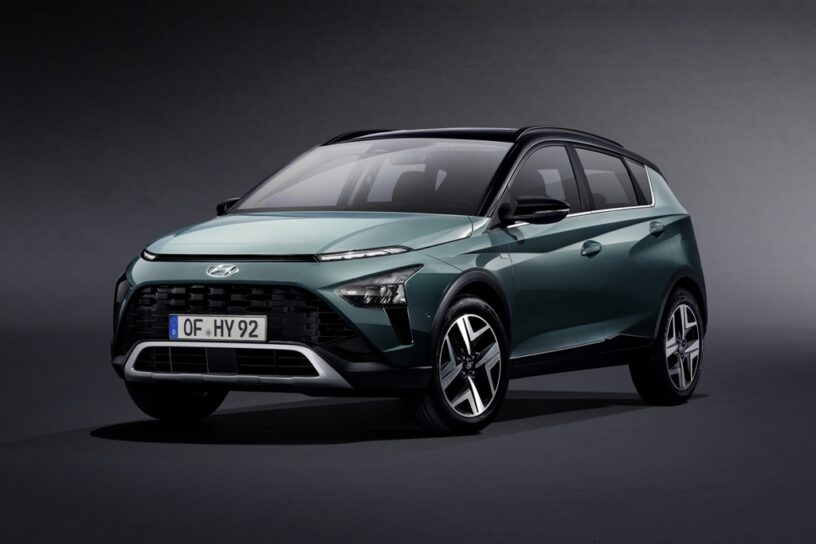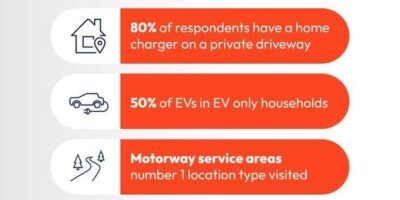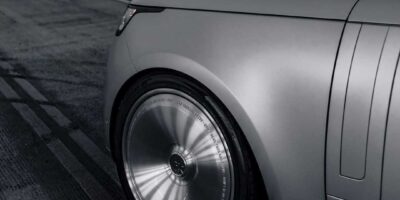The UK car market has passed a historic milestone, with the majority of UK car buyers now choosing a SUV. This marks a culmination of 30 years of growth, as suvs have evolved from being utility vehicles like the original Toyota Land Cruiser, through crossovers like the Land Rover Freelander, to becoming the default choice for car buyers.
Today, in the family car segment, suvs account for 51.2% of sales. The days when the segment almost exclusively consisted of hatchbacks like the Golf and Focus have gone forever. Only in the supermini class are hatchbacks still in the majority.
| Year to Date: | April 2021 |  | Market | ||
| Â | Â | Units | Units | % | Share |
| Segment | Sub-segment | 2021 | 2020 | Change | 2021 |
| B – supermini | SUV (e.g. Ford Puma) | 66330 | 49549 | 33.87% | 11.70% |
| C – family | SUV (e.g. Nissan Qashqai) | 113444 | 87513 | 29.63% | 20.00% |
| D – large family | SUV (e.g. Skoda Kodiak) | 5387 | 4262 | 26.40% | 0.95% |
| Premium SUV | Compact (e.g. Volvo XC40) | 38846 | 32563 | 19.29% | 6.85% |
| Premium SUV | Mid-sized (e.g. Jaguar F-Pace) | 29473 | 23834 | 23.66% | 5.20% |
| Premium SUV | Executive (e.g. BMW X5) | 18477 | 11059 | 67.08% | 3.26% |
| Premium SUV | Luxury (e.g. Range Rover) | 10900 | 8830 | 23.44% | 1.92% |
| Total Premium SUV | 97696 | 76286 | 28.07% | 17.23% | |
| Other | Â (e.g. Suzuki Jimny) | 183 | 642 | -71.50% | 0.03% |
| Total SUV | 283040 | 218252 | 29.68% | 49.91% | |
| Total Market | 567108 | 487878 | 16.24% | 100.00% |
Is the rise of the SUV the environmental disaster that some claim? No – most suvs today are built on the same platform as a hatchback and are only slightly heavier and less aerodynamic. Taking Vauxhall as an example, the Corsa 1.2 100PS hatchback produces 119g/km of CO2, and the Mokka SUV with the same engine produces 125g/km of CO2, a 5% difference. Current emissions fines mean that, if suvs did emit significantly more CO2 than hatchbacks, then car companies could not afford to make them.
Jay Nagley, MD of Redspy said, “Consumers started to change from saloons to hatchbacks in the 1970s, because they were more spacious and more practical. Suvs simply take the same process one step further. Nobody has complained that mpvs were an environmental nightmare, despite them having a similar CO2 penalty compared to hatchbacks. Dislike of suvs is perfectly reasonable, but it is based on their image, not on their emissions.â€
*Article Source www.redspy.co.uk








